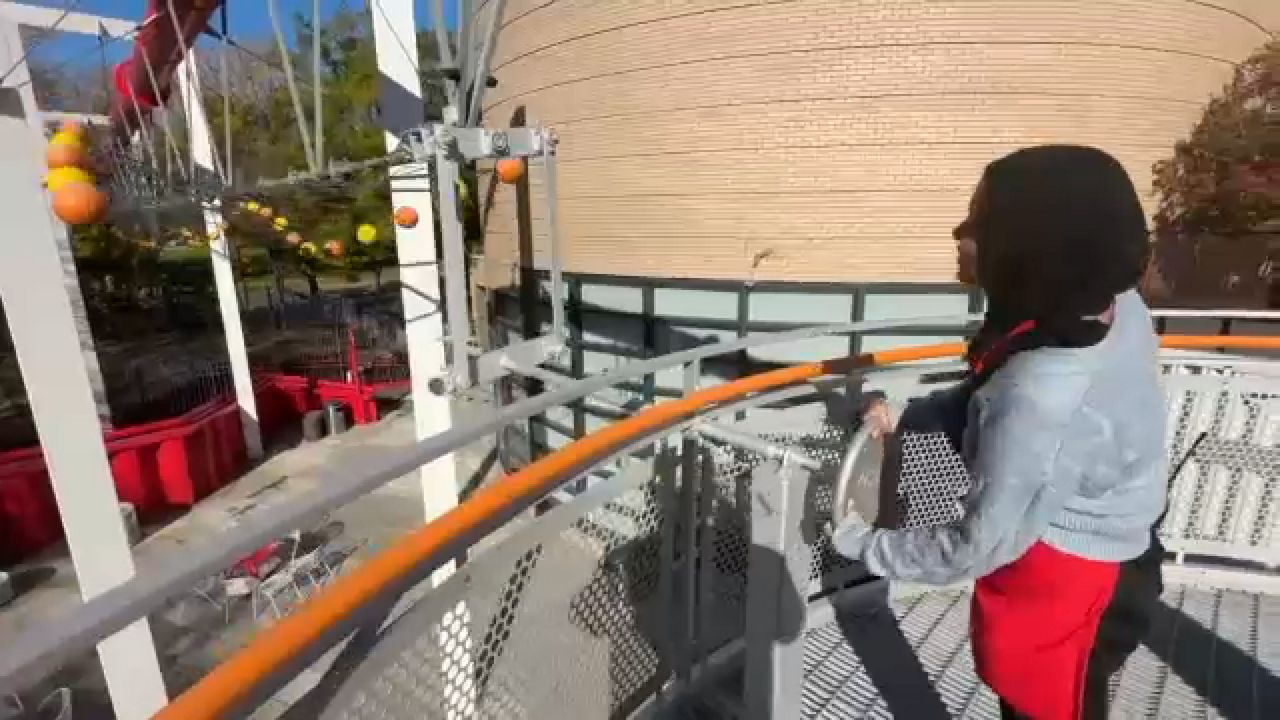(By Jean-François Bouchard) The sea and sailing are Gwenn Duval’s two great passions. Student at the master’s degree in oceanography at the Institute of Marine Sciences of the University of Quebec at Rimouski (ISMER-UQAR), she is at the head of the project Continuous Ocean.
It aims to allow people active in the oceanographic research community to interact in an ecological manner with the marine environment within the framework of short missions in the Rimouski region.
It was after teaching sailing for two years that Ms. Duval decided to return to studies.
When she began her master’s degree at ISMER-UQAR in the fall of 2022, the holder of a French merchant marine sailor diploma had just completed a six-month contract on an offshore fishing boat in the Gulf of Gascony.
Gween Duval is devoting her master’s degree to the decrease in oxygen affecting the St. Lawrence River. “My project focuses on the effects of deoxygenation of the Laurentian Channel on geochemical processes in sediments, in particular the sulfur cycle.
The lack of oxygen is increasingly affecting different bodies of water, including the St. Lawrence. This is one of the great challenges that oceanographic sciences will have to face in the coming years. »
Led by the Professor André Pellerin of ISMER-UQAR and co-directed by the Professor Gwénaëlle Chaillou of ISMER-UQAR and Professor Alfonso Mucci of McGill University, Gwenn Duval hopes that her work “will contribute to clarifying the chemical changes that can be expected in sediments when a body of water undergoes deoxygenation. »
Sea trips for research
It was as an extension of her master’s degree in oceanography that Gwenn Duval had the idea of launching Continuous Ocean. Supported by Entrepreneurship UQAR and ISMER, the project aims to provide access to sea trips for research requiring smaller boats, from an ecological perspective.
“Several students have taken advantage of Continuum Ocean in recent weeks and tested equipment, such as plankton nets, hydrophones, sonars and drifting buoys, with the support of various ISMER professors. It is a scientific, maritime and human adventure in which more than thirty people took part during evening and weekend outings,” she explains.

Continuum Océan is still in its early stages, but the initiative is already well received, observes Ms. Duval.
“Collaborations with the artistic community are developing. The project evolves and becomes more precise as you navigate. A very important aspect of this project is the desire to decarbonize oceanographic research. I think the future of environmental science is green collecting, subject to the rhythm of nature’s greatness. »
Dedicated to scientific research
Originally from Montreal, Gwenn Duval chose to study at UQAR because of its proximity to the maritime environment and the reputation of its Institute of Marine Sciences.
“I also chose UQAR because Quebec has been my adopted home since childhood. I believe in its values of respect, inclusion and particularly in the place given to women in science. »
After her studies, Gwenn Duval hopes to set up a sailboat dedicated to scientific research.
“I would like to offer researchers the possibility of collecting data in an ecological way while being closer to nature. I also wish to develop collaborations for the development of “low-cost” technology allowing the collection and analysis of data in a community science framework. »
To read: 4% increase in registrations at UQAR
2023-11-04 23:14:34
#Combining #passion #sea #research #Evening #Newspaper


